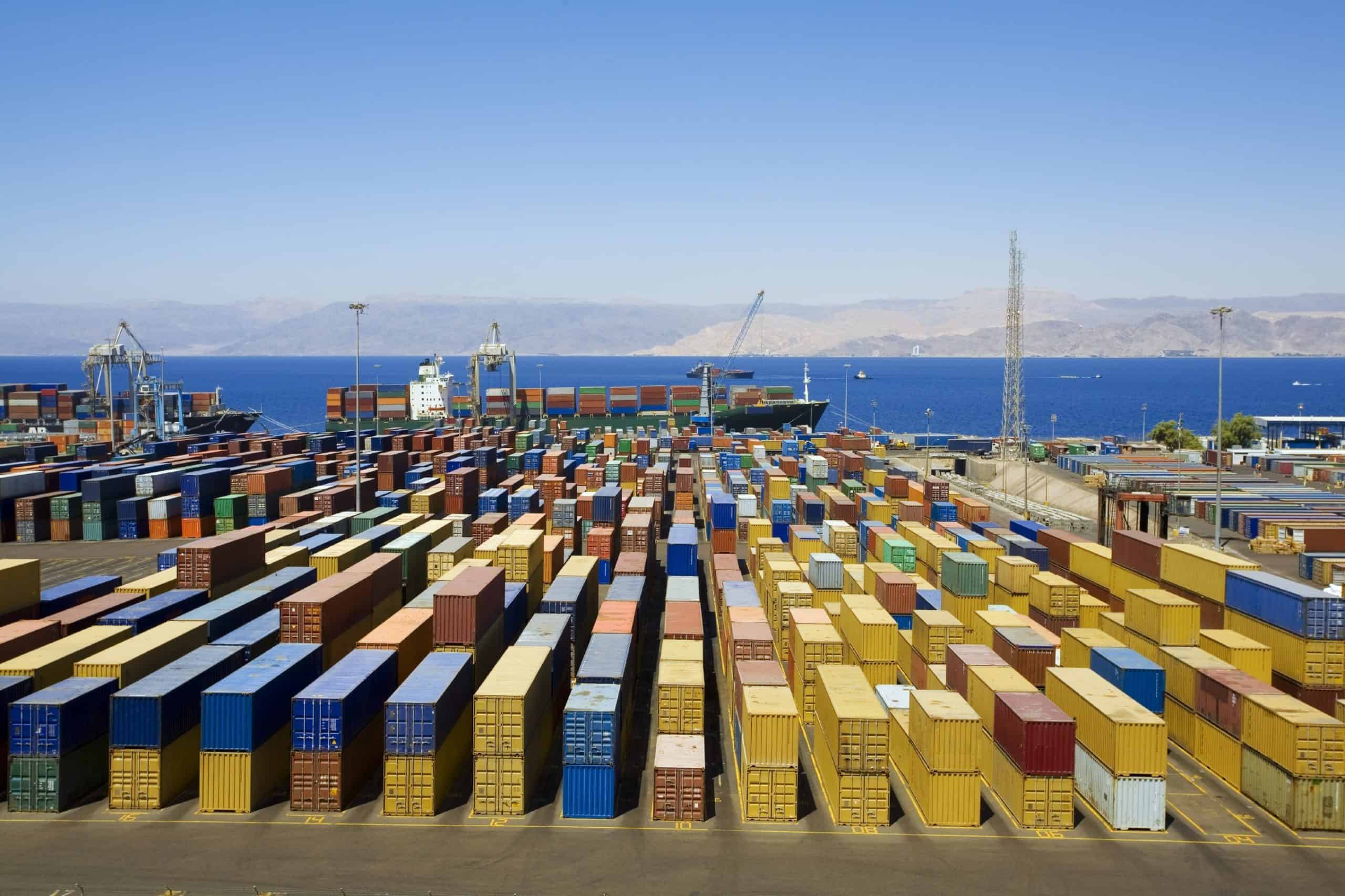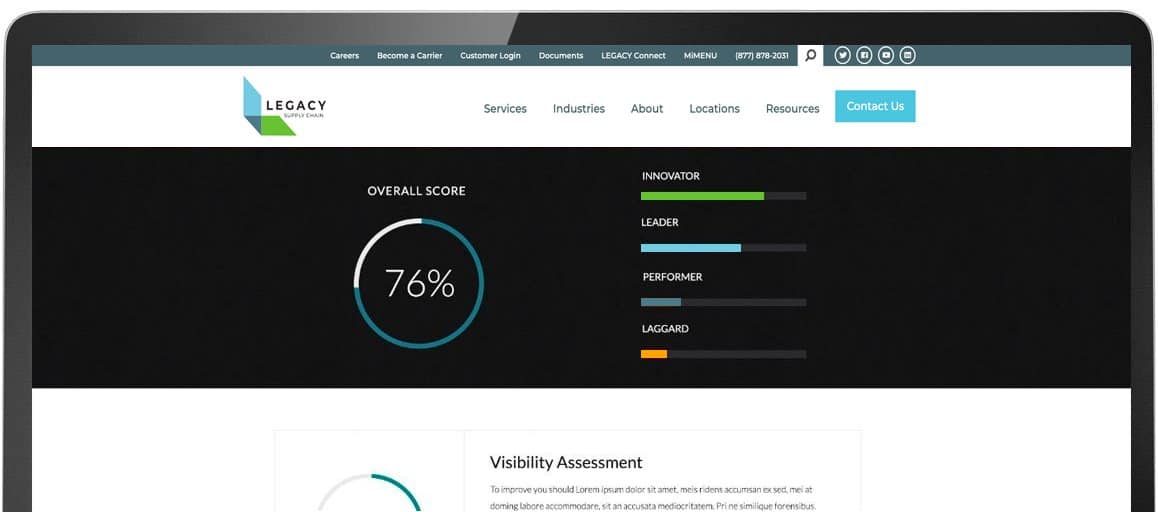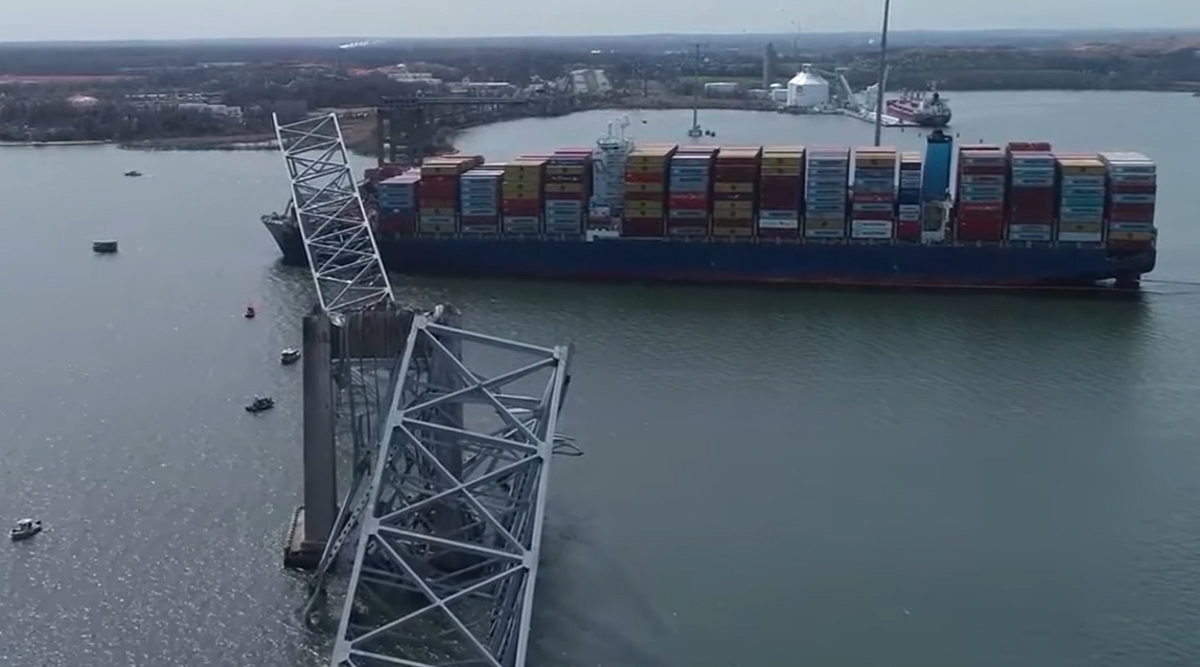Major Shipping Line Files Bankruptcy: How This Impacts Global Transportation

Aug 31, 2016 – Today, global transportation giant Hanjin Shipping filed for bankruptcy protection, a day after the company’s creditors discontinued financial support. The South Korean shipping company is the world’s 7th largest steamship line by volume, and has been under a creditor-led restructuring program since May. Slumping global cargo volume has led to Hanjin reporting losses in four of the past five years. Read more about this global transportation story here.
How Does This Global Transportation News Affect Shippers?
The impact of this news is being felt by supply chains around the world. At most ports, Hanjin vessels are being captured by terminals, and in some cases are being rejected for berthing altogether. Hanjin is a member of CKYHE Alliance, CKYHE Alliance partners including Evergreen Line have announced they are rejecting all new bookings aboard Hanjin owned & operated vessels. The long term impact on Hanjin’s alliances will be significant, and rumors of a possible merger with domestic rival Hyundai Merchant Marine continue to swell.
Immediately, vessel space becomes very tight- and is only heightened by shippers heading into peak season. As a result of reduced capacity, it is expected that the Sept 1 GRI will be implemented successfully, with an additional full PSS on Sept 15 a distinct possibility. In other words- prices are up and capacity is down, as logistics professionals we must be prepared.
What Actions Should Shippers Take?
- Hanjin vessels are being turned away from ports, in some cases not being allowed to berth. If you have freight aboard a Hanjin vessel- contact your logistics provider immediately to discuss options. Each port will be handling the situation differently, things will change quickly in terms of how and when you will be able to recover existing Hanjin cargo.
- As mentioned, new Hanjin bookings are also being rejected. In both the short term and long term- redirect all new bookings to another carrier or NVO partner. We recommend ensuring that your other carrier or NVO agreements do not include Hanjin vessel sharing.
- Space is tight and Prices will be going up, this means
- carriers will place a priority on containers they can load at market rates over fixed rate and BCO cargo
- be prepared for rolled bookings
- paying premium market container rate will help guarantee space
- Now is the time to diversify your carrier mix. Carrier lines and NVOCC partners will be active in developing their own solutions to this problem – take advantage of it. By having a mix of your own direct carrier contracts and NVO agreements in place – you gain FLEXIBILITY to help overcome this situation and still meet your customer demand this peak season.
Get Insights. Stay Ahead.
Get the latest news and insights via email on warehouse improvement, transportation optimization, labor strikes and international shipping rate changes.Popular Posts
Search Posts
-
2024 Q1 Freight Landscape: Trends, Challenges, and Predictions
As the first quarter of 2024 comes to an end, here are some observations over the past few months as well as predictions about the trucking...
+ Read more -
Baltimore Bridge Impact Assessment – Update
Following the recent Baltimore Bridge collapse and subsequent port closures, we want to keep our customers informed about the situation and...
+ Read more -
Global Momentum Builds for Charge on Global Shipping Sector’s CO2 Emissions
A growing coalition of 47 countries, including key players like the European Union, Canada, Japan, and various Pacific Island nations, is...
+ Read more









